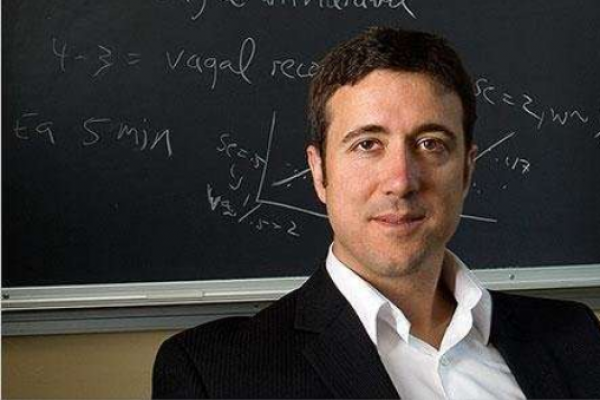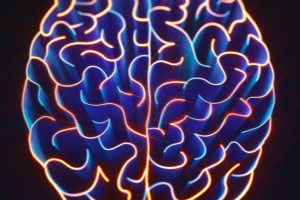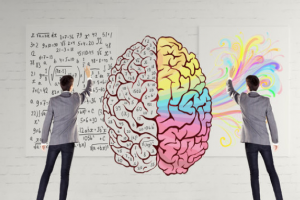when we expect something to hurt it does, even if the stimulus isn't so painful
expectations about pain intensity can become self-fulfilling prophecies. Surprisingly, those false expectations can persist even when reality repeatedly demonstrates otherwise, the study found.
expectations about pain intensity can become self-fulfilling prophecies. Surprisingly, those false expectations can persist even when reality repeatedly demonstrates otherwise, the study found.
"We discovered that there is a positive feedback loop between expectation and pain," said senior author Tor Wager, "The more pain you expect, the stronger your brain responds to the pain. The stronger your brain responds to the pain, the more you expect."
For decades, researchers have been intrigued with the idea of self-fulfilling prophecy, with studies showing expectations can influence everything from how one performs on a test to how one responds to a medication. The new study is the first to directly model the dynamics of the feedback loop between expectations and pain and the neural mechanisms underlying it.
To read more click here.





Related Posts